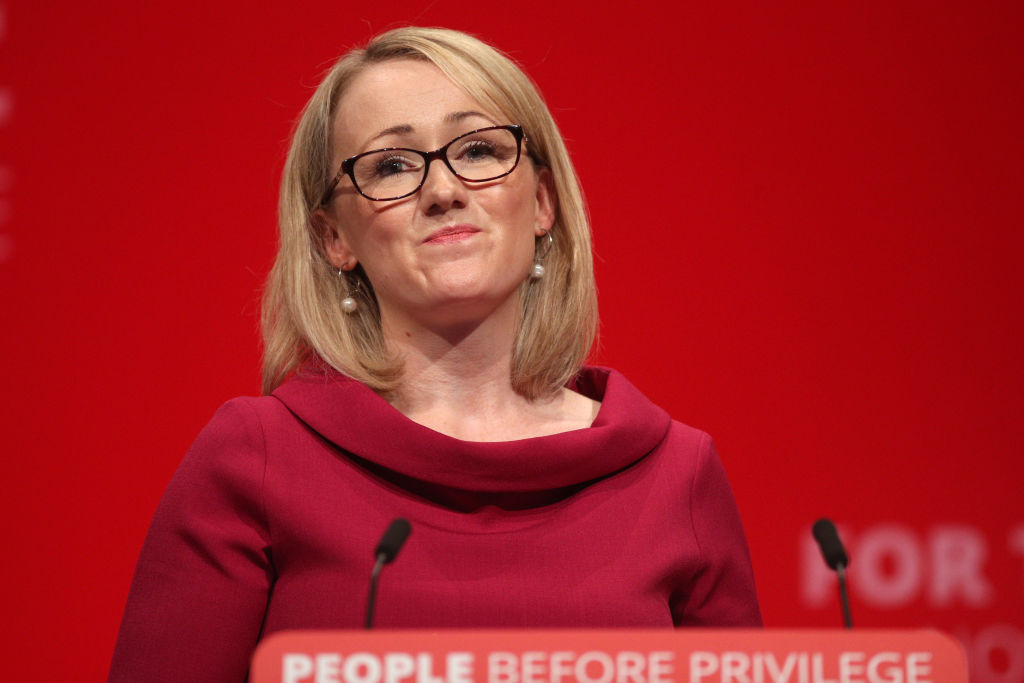This will come as little surprise to anyone who has followed my writing over the last few years, but I have accepted that I simply do not understand politics at all.
On Tuesday, the government announced that it was no longer urging primary schools in England to get all children back to school for some teaching before the summer holidays. There are many reasons for this announcement and its consequences are probably being overstated in some places: the government doesn’t have any effective power to compel headteachers to reopen, but merely issues guidelines and sets expectations.
Some schools will likely go ahead with whatever opening plans they had in place. Perhaps some will abandon those plans and decide that kids who would otherwise have had some scope to come back to school this month or in July will not have that option anymore
We may, as a country, be able to reopen pubs, shops, hair salons and holiday cottages for the summer. But we cannot, it seems, find a way to educate our children. Sadly, I have neither time nor space to debate the reasons for this remarkable situation, beyond noting that it surely says something troubling about our national priorities.
In any case, what interests me more than the causes of this choice are its consequences. This means that for a significant number of young children, school ended in March and will not resume until September at the earliest.
That is a disaster. Long absences from school are bad for all children, but especially bad for children from low-income households. I’ve written here before about ‘summer learning loss’ and the way long holidays can widen educational gaps between rich and poor.
Since lockdown, evidence has accumulated showing that the way parents are coping with home schooling is only adding to that widening gap. Better-off parents are able to afford laptops and more likely to have flexible work, money and confidence to help kids learn at home. Children enrolled at private schools are much more likely to be receiving 20 hours a week of teaching than those at state schools.
Anecdotally, there are even darker consequences of absence. Some children are undoubtedly going hungry because their schools aren’t feeding them at least one meal a day. Some social workers report that referral rates for children at risk of abuse have plummeted because schools are the primary source of such referrals. Does anyone think that reports of child abuse are falling because the actual incidence of abuse is falling?
No matter what mitigation measures the Department for Education attempts to put in place, keeping kids away from school for six months is going to have significant and harmful effects on the poorest children. It will widen educational inequality and, absent a major catch-up programme, blight the life-chances of hundreds of thousands of poor kids. Anne Longfield, the Children’s Commissioner for England who has rightly raised these issues in recent weeks, is again correct when she says this situation is ‘deeply worrying.’
Meanwhile, here is the first line of the press release issued by Rebecca Long-Bailey, Labour’s shadow education secretary:
If the government confirms today that it will not be mandating reopening of schools in full before the summer this will be welcome.
We may, as a country, be able to reopen pubs, shops, hair salons and holiday cottages for the summer. But we cannot, it seems, find a way to educate our children. Yes, welcome.
Just as there are many reasons for the government’s announcement on schools, I’m sure there are lots of factors at play in this statement. But whatever its origins, the simple fact is that Labour’s education spokesman has welcomed a government decision that makes it more likely that more poor kids fall further behind rich ones and which will make England less fair. And I cannot pretend to understand how politics reached this point.







Comments